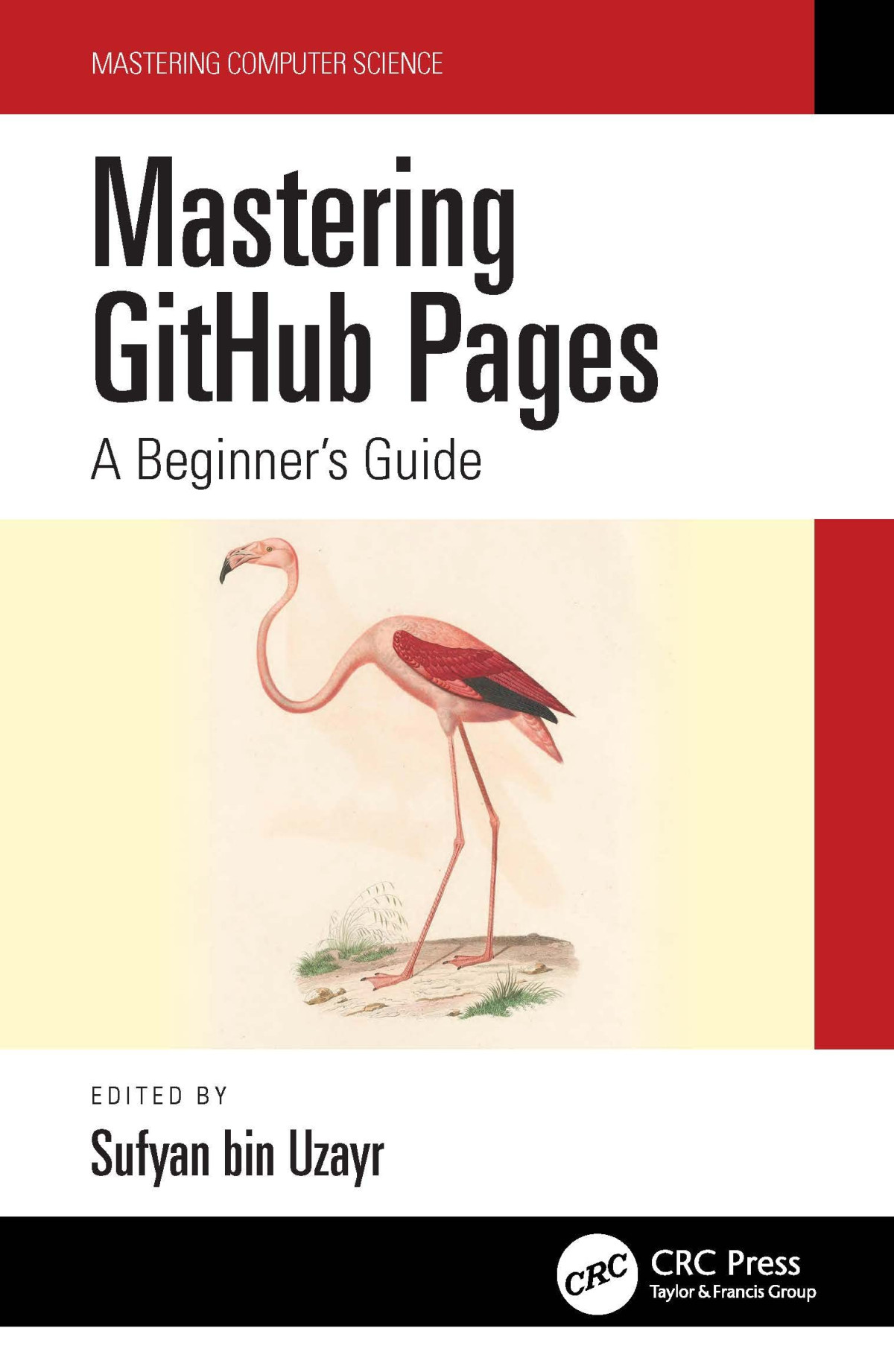

Most ebook files are in PDF format, so you can easily read them using various software such as Foxit Reader or directly on the Google Chrome browser.
Some ebook files are released by publishers in other formats such as .awz, .mobi, .epub, .fb2, etc. You may need to install specific software to read these formats on mobile/PC, such as Calibre.
Please read the tutorial at this link: https://ebookbell.com/faq
We offer FREE conversion to the popular formats you request; however, this may take some time. Therefore, right after payment, please email us, and we will try to provide the service as quickly as possible.
For some exceptional file formats or broken links (if any), please refrain from opening any disputes. Instead, email us first, and we will try to assist within a maximum of 6 hours.
EbookBell Team

5.0
48 reviewsWhy should you readMastering GitHub Pages: A Beginner’s Guide? Because this book offers you a concise guide so that you can quickly navigate the terrains of GitHub Pages sites in a fairly smooth manner. But why use GitHub Pages if it can only make static websites? Why should you go for static websites when you could get a dynamic one made for your organization? Again, why not?! Having a static website is a sure-shot strategy to save a lot of money, keep the website secure, and ensure built-in backups. In addition, you can serve it over HTTPS and make sure that it is fast and SEO-ready. Mastering GitHub Pages delves into static (and dynamic) websites as well as their advantages and disadvantages. Static websites tend to be incredibly fast since they have no processing time for databases and other stuff. Additionally, because you are committing a code base of static assets to a Git repository, the rolling back of changes is simply an issue involving reversion to a commit that was made previously. So backups are a mere git push away, and you are basically serving your entire website from a cache. This means that your server will never need to process a request again. This book helps you master the art of static site generation in no time. Furthermore,Mastering GitHub Pagesalso discusses in great length Jekyll, a popular static site generator. When working with Jekyll, all you do is give it liquid templates as well as Markdown content, and it is adept at combining them both into a static website. It requires no-on-the-fly processing, and your blog will display at a significantly faster speed. This workflow proves useful for GitHub Pages because they tend to support the Jekyll builds. As such, your blog posts can be contributed using pull requests, and all your content gets stored within version control. Non-developers could also contribute posts in Markdown. Mastering GitHub Pages is an immensely useful book that all developers can use for the creation of websites on the free GitHub Pages platform. So, go ahead, grab a copy of the book for a proper GitHub Pages primer! Learn more about our otherMasteringtitles at: https://www.routledge.com/Mastering-Computer-Science/book-series/MCS